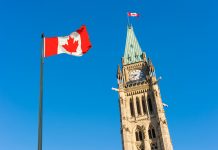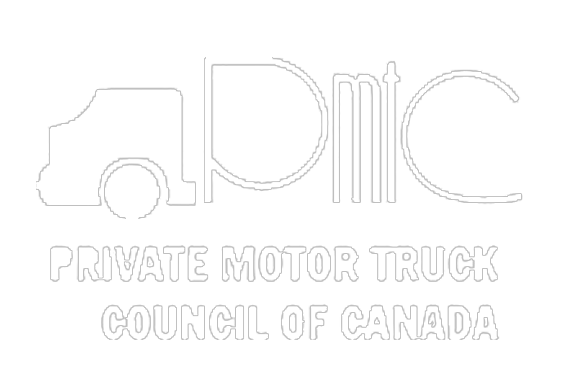Canada’s latest budget aims to raise taxes on corporations and the wealthy’s profits, which may cause corporations and individuals to invest their money outside Canada, hurting our economy. Some are even leaving the country to escape Canada’s high levels of taxation.
The government had to find a way to pay for new programs after it announced plans to spend billions of dollars to boost Canada’s housing supply and social programs. Rather than putting the debt on younger generations of Canadians, the government chose to use these new taxes to pay for them.
However, financial experts warn that the move will likely slow investment and productivity and negatively affect economic growth, an ongoing problem in recent years.
Many see April’s Federal budget as a kick to sensitive areas. Trying to increase revenue to pay for housing and other programs, the annual budget proposed increasing the percentage of capital gains subject to taxation to two-thirds from one-half for people, companies, and trusts with annual investment profits greater than C$250,000 ($181,752).
If you make more than $250,000 per year in profit, you will pay taxes of 67% on the profit over and above the 250,000. The old rate was 50%, meaning the government also got a dollar from you in taxes for every dollar you made in profit. Now, Revenue Canada will get even more.
The potential increase in capital gains taxes, as economists warn, could act as a deterrent to savings, a crucial catalyst for business investment, which is particularly concerning as business investment has been on a downward trend, falling in the fourth quarter for the sixth time in the last seven quarters and failing to surpass the 2014 peak.
“The Canadian economy relies on savings, and it is these relatively wealthy who may now have less incentive to save or more incentive to move those savings out of the country”, warns Derek Holt, the head of capital market economics at Scotiabank.
As noted, individuals and businesses that sell a capital asset in Canada incur capital gains taxes at a 50 per cent inclusion rate. This means that 50 per cent of the gain in the asset’s value is subject to taxation at the individual or business’s marginal tax rate. The Trudeau government is raising this inclusion rate to 66.6 per cent for all companies, trusts, and individuals with capital gains over $250,000. There is no escape.
That worries bank and investment economists. If there are fewer rewards after taxes, it is likely to discourage risk-taking and investment, as well as anything that might address Canada’s productivity problems.
Perrin Beatty, president and CEO of the Canadian Chamber of Commerce, said, “What’s still missing is a clear plan to promote productivity and restore economic growth in Canada. Canada continues slipping further behind our competitors in both categories.”
The Trudeau government’s 2024 budget introduces a damaging tax hike at a time when Canada desperately needs to improve its investment incentives.
The incentive may be for potential investment money to leave the country altogether.
This follows an article in the Financial Post at the beginning of the year about how many talented Canadians are leaving the country because our personal income tax rates are too high.
Canada’s taxation rates may be chasing money and individuals we need to grow out of the country.
The money drain has been a problem for some time and may start to worsen with the new federal budget.
A Federal election is less than 18 months away, and the Liberals are already down in the polls. Canadians are not likely to see more taxes as a reason to vote for them next time. Taxes are a painful reality, but the Liberal government might feel their pain differently in the next election.

